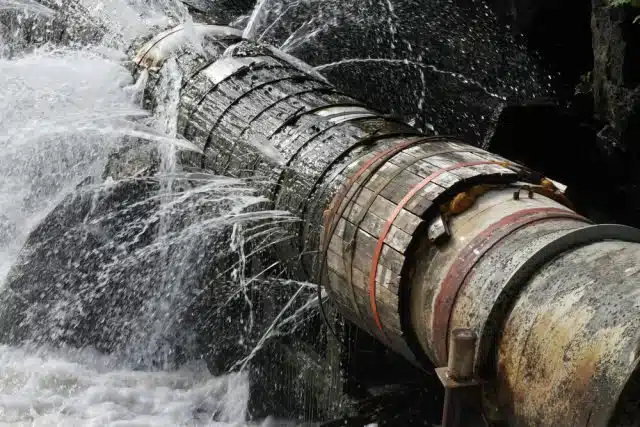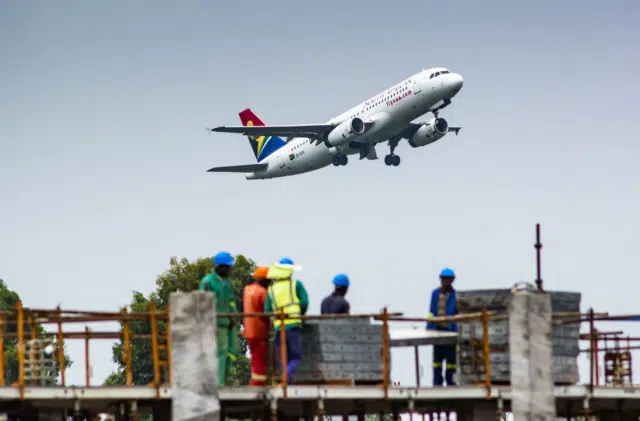
Gauteng gets urgent water allocation amid shortages and breakdowns
Water and Sanitation Minister, Senzo Mchunu, has committed to increasing the bulk water allocation to the Rand Water system.
This is part of emergency measures to address water shortages in Gauteng metros, district and local municipalities.
“We note the increase in water usage and restrictions imposed by Rand Water in response to deteriorating water levels in their reservoirs. Therefore, we will temporarily increase the allocation for the abstraction of bulk water to Rand Water’s system in order to meet the demand,” Mchunu said.
He said this should bring relief to some metros, including Johannesburg, Tshwane and Mogale City District Municipalities.
Mchunu said the measure is for a period of nine months, while the department seeks more permanent solutions to water usage and management.
Mchunu held an emergency meeting on Monday to engage with Rand Water, representatives of all three metros, district and local municipalities of Gauteng affected by water restrictions.
According to Rand Water, the utility currently abstracts 4,400 megalitres of water, and has already exceeded this allocation by over 1,600 megalitres since the beginning of spring.
The Minister said while the increased allocation will bring some relief, municipalities need to come up with measures to deal with water wastage, including imposing penalties and addressing the challenge of water leaks in municipal reticulation systems.
“As a country, we are experiencing the scarcity of water, yet we allow for up to 40% of our water to be lost to leakage. This undermines our efforts to address water challenges,” the minister said.
Water Room committee
A Water Room committee, including the department, Rand Water and all Gauteng municipalities, as well as the business sector, will be set up to provide holistic coordination, provision and management of the water system in the province.
The minister noted that water use has risen in recent weeks due to the heatwave, which has been happening in this period over the last two to three years, compounded by delayed summer rains in the inland provinces, leading to people using potable water for uses that would have normally been taken care of by rains.
These include watering gardens and car wash enterprises, as well as water losses due to leaks in the reticulation part of the system.
“There continues to be overuse in the province, which puts a strain on the system. This does not imply that there is a crisis of water availability but is rather a means to manage the system through reduction, bringing balance to the system,” Mchunu said.
Read: Expect taps to run dry as tougher water restrictions hit Joburg, Tshwane and Ekurhuleni



